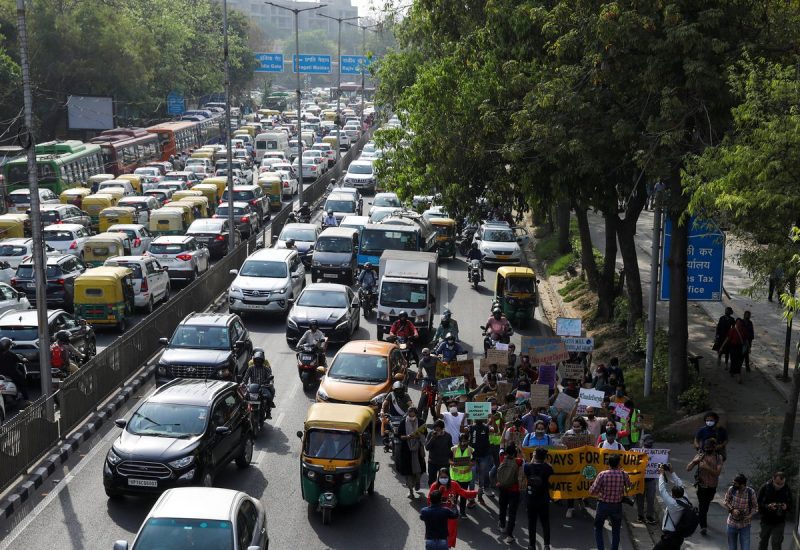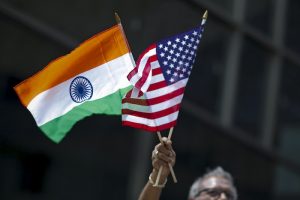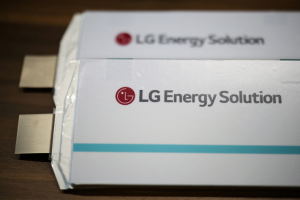Electric bus-makers in India are struggling to access banks loans, government sources said, slowing the country’s goal to switch away from diesel and reduce emissions.
India aims to deploy 50,000 e-buses in tranches over the next four to five years at an estimated cost of one trillion rupees ($12 billion).
The lack of funding is limiting the ability of e-bus makers to participate in federal government tenders to supply to states, the sources said.
Also on AF: Air India Closes in on Deal For up to 500 New Jets
As of now, 6,740 e-buses have been approved by the federal government that provides incentives for related infrastructure, of which nearly a third have been deployed in states.
A senior bank official, who did not wish to be named, said it was risky to lend to manufacturers to build buses for the so-called state transport undertakings (STUs), as many are in bad financial condition because they are often forced to keep fares low.
Mahesh Babu, chief executive of e-bus maker Switch Mobility, said that “most of the contracts related to STUs are seen by banks as high risk” and called for payment security for bus makers.
“There have been no instances of default in India though there are delays,” said a STU official in north India, but added that “a payment security mechanism may instill confidence among lenders”.
Electric More Expensive
Each electric bus costs 12.5 million rupees ($151,138), about five times that of a diesel one. Financing diesel buses is safer because in the case of any default, banks can repossess the asset and easily redeploy it. E-buses, however, need charging and other infrastructure that may not be available everywhere, said another banker.
Nevertheless, the government-run Convergence Energy Services Ltd, which aggregates demand from states for electric vehicles, on Thursday issued a tender to procure 6,450 e-buses – the country’s largest so far.
Switch Mobility, PMI Electro, JBM Auto and the EV arm of truck maker Ashok Leyland responded to the latest tender. But notable exceptions were Tata Motors, India’s largest commercial vehicle manufacturer, and Olectra Greentech, the Indian technology partner of Chinese auto major BYD, two sources said.
The road transport sector accounts for 13% of carbon emissions in India. Buses are one of the most significant modes of public transport in India and STUs own and operate 150,000 buses that carry 70 million passengers daily.
A federal government official, on the condition of anonymity, said they would consider the demands of the industry.
The Ministry of Heavy Industries, which is promoting the use of e-buses, did not immediately respond to a email seeking comment.
- Reuters, with additional editing from Alfie Habershon
























